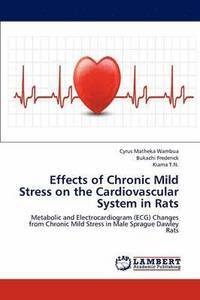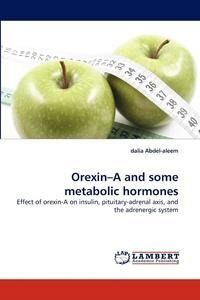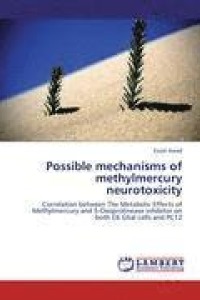
Liknande böcker
Effects of Chronic Mild Stress on the Cardiovascular System in Rats : Metabolic and Electrocardiogram (ECG) Changes from Chronic Mild Stress in Male Sprague Dawley Rats
Bok av Cyrus Matheka Wambua
Non Communicable Diseases are currently the leading cause of morbidity and mortality in the in the world. Their risk factors are smoking, excessive alcohol intake, physical inactivity, poor diet and psychosocial stress among others. Psychosocial stress induces release of noradrenaline which binds to 1 and -adrenergic receptors, leading to the recruitment G proteins which activate Ras via phosphatidylinositol 3-kinase and subsequently its effector kinase Raf. Raf phosphorylates mitogen extracellular kinases -1 and -2. Additionally, Ras directly induce p38-MAPK activation. Activated MAPKs induces phosphorylation and subsequent degradation of the nuclear factor kappa (NF-B)-specific cytoplasmic inhibitor IkappaBalpha (IB). This leads to activation and nuclear translocation of NF-B which causes up-regulation of stable cell adhesion molecules that activate monocyte adhesion to the endothelium (ICAM-1 and VCAM-1). The up-regulation of the primary initiation of the serine proteases cascade of the coagulation system in turn promotes thrombosis. This study investigated the electrocardiographic changes in chronic mild stress in male Sprague dawley rats.







